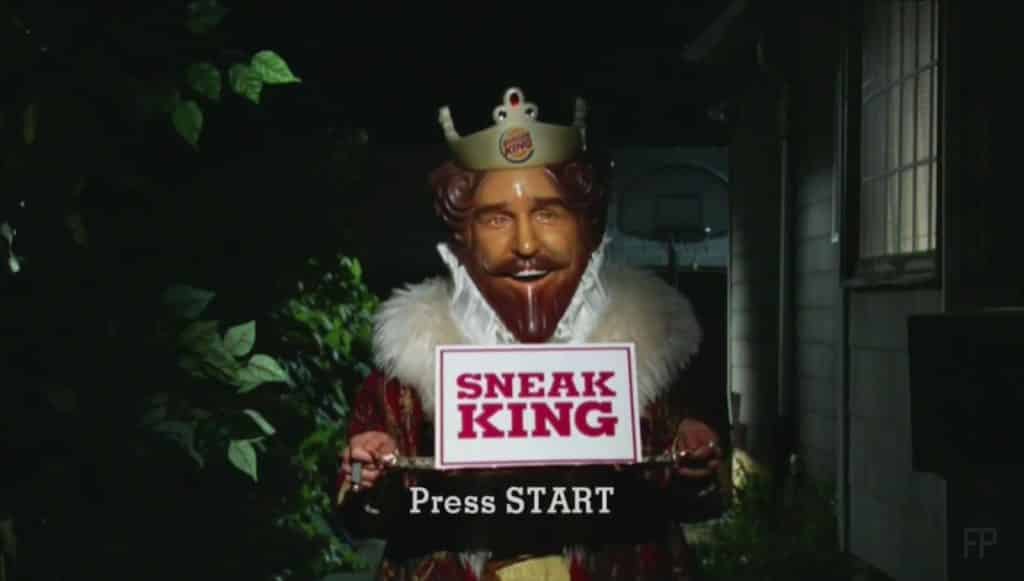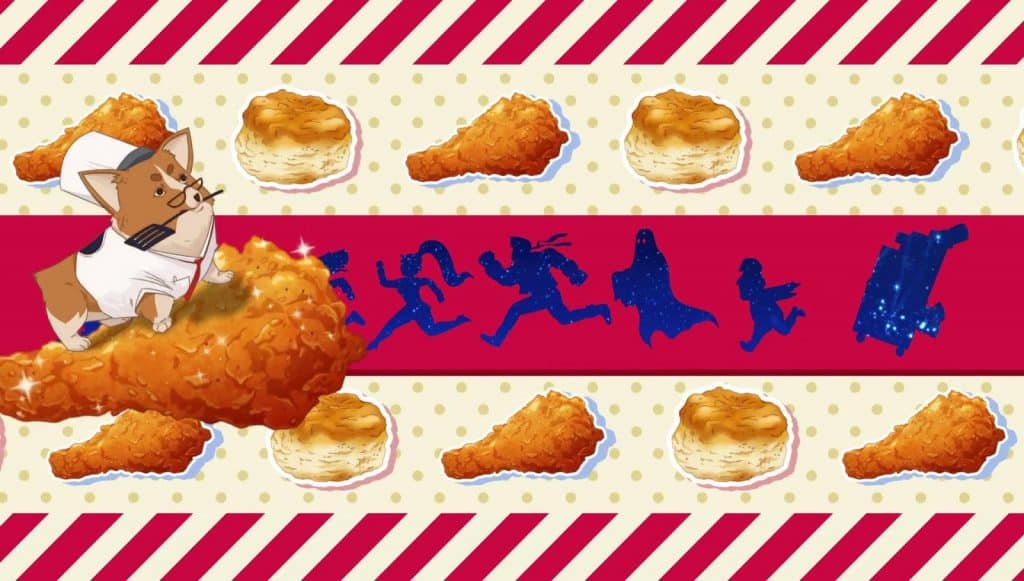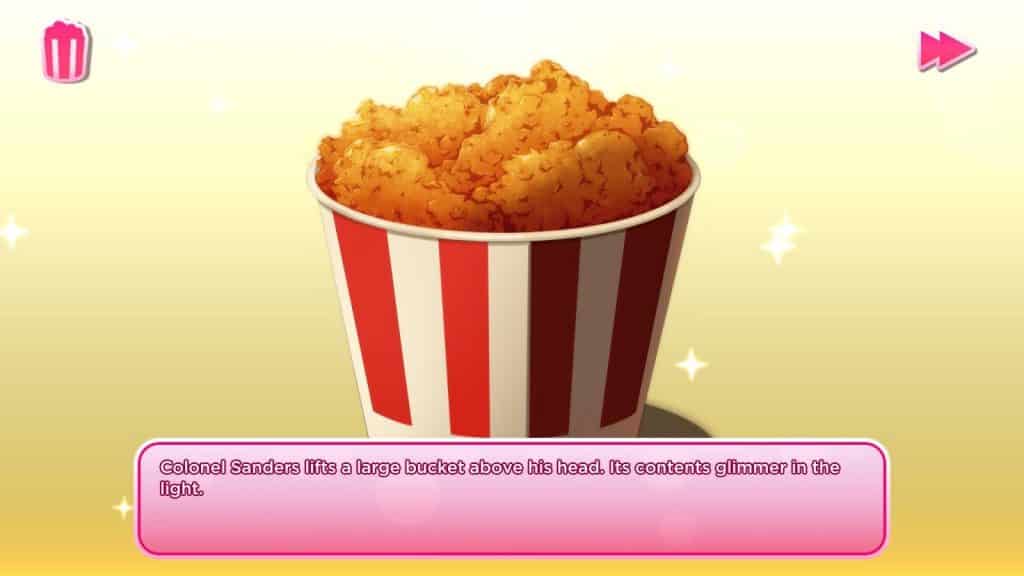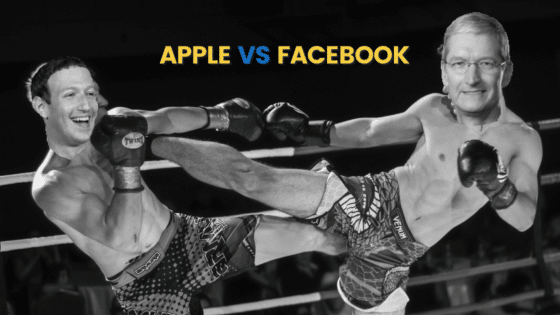I Love You, Colonel Sanders! is a new video game that will put you in the shoes of a student who has to succeed in culinary school while trying to win the heart of Colonel Sanders. I know that is a lot to unpack. And yes, this is an official release from KFC.
To fully appreciate KFC’s bold move, it is useful to take a big-picture view of recent American fast-food marketing—especially how fellow fried chicken retailers Popeye’s and Chick-fil-A recently had a war on Twitter. Both brands consolidated their respective fanbases as the dispute quickly became a moral and political one.
Can fried chicken really lead to such divisive issues? Absolutely; this is the time we live in now. I will be writing about the importance of marketers to understand the increasing moral and political divides in a future article.
With most of Twitter’s attention on Popeye’s and Chick-fil-A, KFC was left-out to turn cold and soggy. Already seen as a low-quality option in the US, the iconic fried chicken brand was facing the possibility of being forgotten by consumers.
Then, they announced I Love You, Colonel Sanders! An unorthodox move perhaps, but KFC was back on everyone’s minds again even before the game is released.
Branded video games are not new. Notable examples include Pepsiman (1999) and Burger King’s Sneak King (2006), which was released when its mascot was going through his bizarre and creepy mid-life crisis.

However, what sets KFC’s entry into advergaming apart is the timing. The video game market is more mainstream than ever; that means more video game players. Most crucially, there is now a huge growing market for people who watch other people play games.
The number of people doing so has increased dramatically to 850 million in 2018. Go ask your nephew about video game streaming and be prepared to hear names that would faze even the most seasoned marketer. (“Faze” happens to be one of those names.)
The folks behind I Love You, Colonel Sanders! are surely aware of the potential reach. More than just a game to be played, it is also designed to be watched and talked about. I mean, imagining Colonel Sanders as a dashing young anime character is one thing, but having a corgi as a side character is just straight-up pandering to the Internet.

Beneath all this weirdness actually lies tried-and-tested marketing fundamentals. Other than reaching demographic groups that have been somewhat elusive to many marketers, this game will also satisfy two key aspects of effective long-term marketing that many brands seem to have neglected in recent times:
- Increasing presence in consumers’ consideration sets
- Doing so on a mass scale
These two points—essentially awareness and mass reach respectively, have been deemed unimportant and even seen as wasted marketing dollars, especially by younger marketers who came of professional age in the 2010s. I can say that because I was one of them—dazzled by the promises of new marketing technologies, and too quick to rush to conversion.
I hope to atone for my past impatience and ignorance with an upcoming article on the balancing of short and long-term marketing.
Specifically, ROI-focused short-termism has plagued marketing for the last decade or so. Thanks to marketing scholar Byron Sharp and his book How Brands Grow, many of the big companies like P&G and Unilever have started to reevaluate their balance of short and long-term marketing. However, many Asian companies still seem caught up in the pursuit of quick wins at the expense of long-term survival and growth.
There is another aspect of long-term marketing that I Love You, Colonel Sanders! should excel in—the emotional engagement with its players, audience and everyone who talks about it. The use of emotional advertising has not been forgotten by marketers, but it is widely misunderstood as mere advertising that brings viewers to their emotional extremes.

Emotional advertising works because it bypasses our natural scepticism towards advertising. If KFC tells us the number of ways their food is great, we would not trust it because it is in their best interests to say so. But if we play a fun video game that KFC’s products happen to be part of, the idea of “KFC fried chicken = great” sneaks into our minds.
My usage of the word “sneak” may seem a little scary, but that is how emotional advertising works. While we are lulled into a state of low attention by the pretty visuals and pleasant music, the brand and its associations sneak into our minds, bypassing the logical parts of our mind which would otherwise argue against them. Contrary to popular belief, emotional advertising is not just about getting the audience to give us their full attention.
This is why creating emotional advertising does not necessarily mean creating the kind of tear-jerking ads we see from Thai insurance companies. This is also why emotional advertising works even in an attention economy. I will elaborate more on these powers of emotional advertising in yet another upcoming article.
At this point, I should emphasise that the point of this article is not to go and make a weird branded video game. Rather, let’s keep an eye on what KFC can achieve by combining marketing psychology with uh…whatever I Love You, Colonel Sanders! is.



















